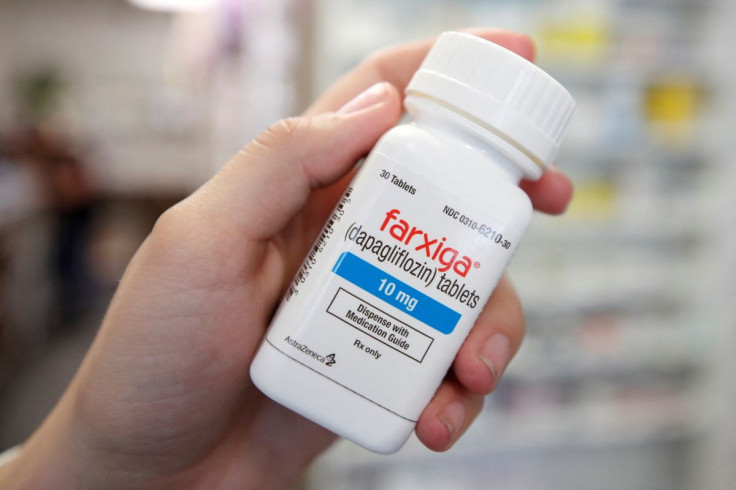Diabetes Drug Ozempic Aids In Weight Loss? Company Says Not Without Causing Complications
People are going ga-ga over the type-2 diabetes medication Ozempic, not for its life-saving properties but because of one of its side effects, which is aiding in weight loss.
Denmark's Novo Nordisk, the company that manufactures the drug, said it is currently facing shortages of the medication after non-diabetic patients also are acquiring the drug off-label, simply to trim down their waistline, CBS reported.
But the company said the drug comes with its fair share of side effects that include nausea, vomiting, diarrhea, stomach pain and constipation, Novo Nordisk told Today.
Endocrinologist Dr. Gregory Dodell of Central Park Endocrinology said people showed up with queries about the drug that he usually prescribes to those with diabetes. However, Dodell said he is unsure how far the drug is credible for its use as a weight loss accelerator.
"It works while people are taking it, but once people stop they gain back two-thirds of the weight they lost if not more, and sometimes weight loss plateaus so people have to go off or stay on it definitely," he told CBS.
Demand for the drug, which people self-inject once a week, has been so high that diabetes patients are finding it hard to come by. In fact, the drug is still listed as "currently in shortage" by the U.S. Food and Drug Administration.
The FDA in 2021 highlighted the promise of another drug Wegovy as a potent weight loss medication for adults with obesity, and the markets soon ran out of supply, with the shortage lasting through 2022. That's when Ozempic gained momentum among the users.
Dr. Said Ibrahim, senior vice president of Northwell Health's Medicine Service Line, told CBS that there is an increasing trend among doctors now to prescribe the medication. "They send a signal to the brain that you are full, and that is really the weight loss property of these treatments and that's what is causing the demand because everybody wants to lose weight," Ibrahim told CBS.
"It's not entirely indicated just for weight loss — you really have to have co-morbidities like high blood pressure — but some physicians are offering this treatment to patients who can afford it, and that's the reason why things are getting short," he said.
Both drugs contain Semaglutide, a component that targets the brain's hunger cells and mimics a hormone that makes you full longer so that you don't indulge in food.
Today interviewed two users who said Ozempic, which is essentially a hunger suppressant, initially helped them lose weight but they regained pounds just as they stopped using it.
"Everything came back full force," Danielle Baker, who was prescribed the drug to lose weight, told Today. "Like the all the crazy cravings that I've struggled with for the sweets, the junk food. And I felt like I was overcompensating."
Ozempic is an FDA-approved drug for diabetes but medics haven't yet given their approval to use it as a weight-loss agent. Its popularity, particularly the pricing, increased exponentially after gaining social media traction, including with billionaire Elon Musk.
Novo Nordisk said it is opposed to the off-label sales of Ozempic. "While we recognize that some health care providers may be prescribing Ozempic for patients whose goal is to lose weight, Novo Nordisk does not promote, suggest or encourage off-label use of our medicines," the company said in its statement to CBS.
The company's statistics as of February show diabetes care sales jumped 56% in 2022, with sales of the drug as an obesity cure taking the figures to 101%.

© Copyright IBTimes 2025. All rights reserved.






















